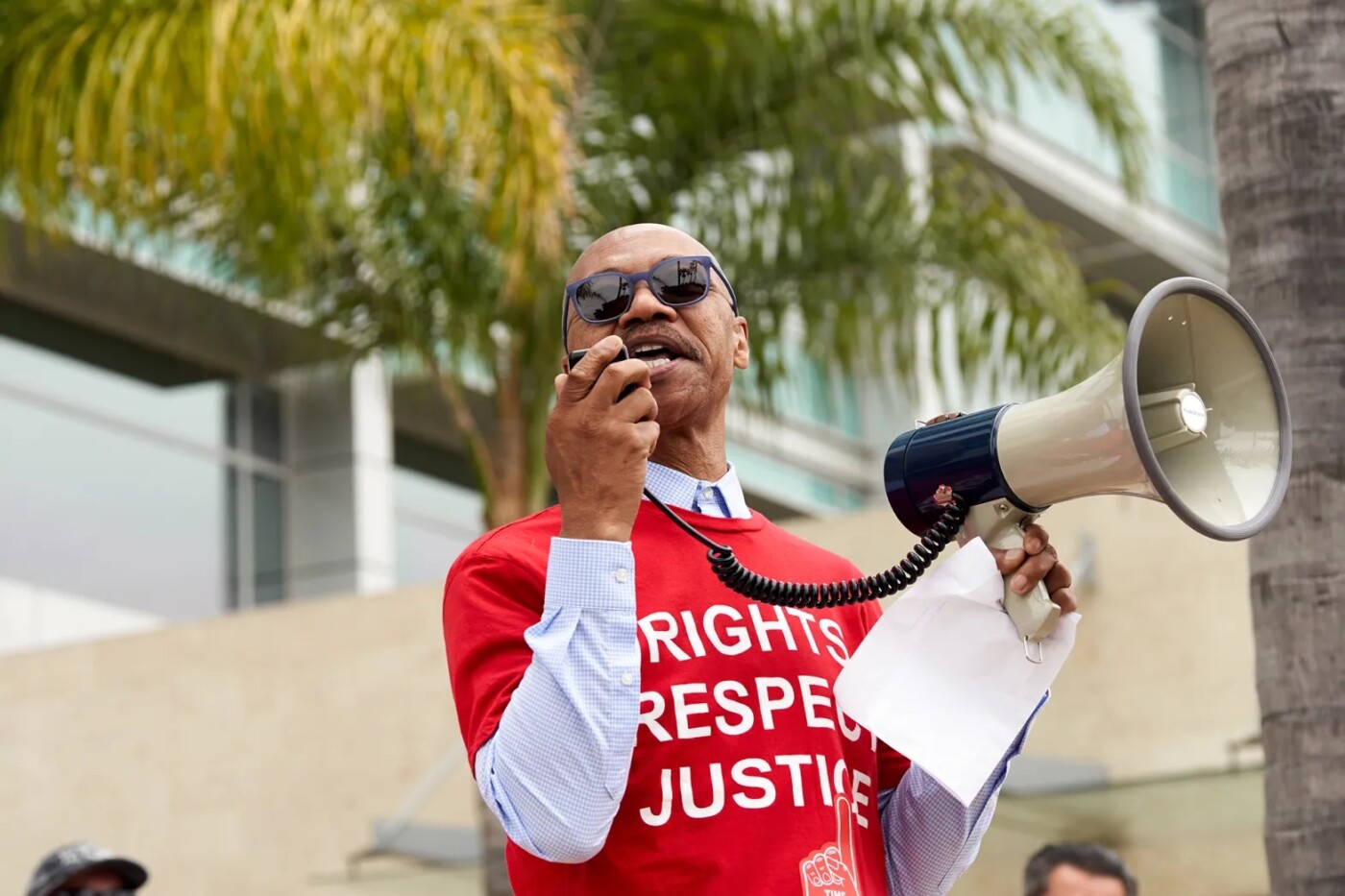From CalMatters higher education reporter Mikhail Zinshteyn:
The faculty union of California State University overwhelmingly approved a strike authorization, giving its leadership the green light to pull as many as 29,000 instructors from educating the more than 400,000 students in the nation’s largest public four-year university system.
The California Faculty Association said Monday that 95% of its members who voted approved of the strike plans. The union refused to reveal how many of its members actually cast ballots.
Core to the demands are that Cal State increase wages by 12% for all faculty to keep up with inflation, lift the minimum wages for the lowest-paid instructors, expand parental leave, provide lactation rooms for new parents and more.
Cal State spokesperson Amy Bentley-Smith said that the union’s strike authorization vote “is not unexpected” and mirrors past efforts by the union to pressure Cal State during contract standoffs. The university is “committed to the collective bargaining process and reaching a negotiated agreement,” wrote Bentley-Smith in an email.
Cal State has maintained it cannot afford the union’s demands, instead responding with a smaller one-year raise or a 12% raise over three years. Cal State argues its total costs far exceed how much it brings in from tuition and state taxpayer revenue. The union counters that the university amasses annual surpluses that it could use toward raises but instead pours into reserves. Last week the union produced an accounting analysis that it argues shows that Cal State has more in reserves that it can use for wage increases.
The authorization doesn’t mean a strike is imminent, though the union has been threatening one since at least May. Legally, the union must wait until a mediator finishes a fact-finding report that will recommend how the union and Cal State should proceed. The recommendation is non-binding. Once finished, the report goes public 10 days later to give both sides a final chance to come to an agreement. Only then can the union strike, but it may choose to delay a walkout anyway. Senior union officials said during a press conference Monday they haven’t picked a strike date and will select a time that makes strategic sense.
“We don’t want to pull the strike when everybody’s on winter break,” said Kevin Wehr, a union vice president and professor at Sacramento State.
Never has the union gone on a systemwide strike, though it last came close in 2016. A smaller Cal State union of roughly 1,100 workers, Teamsters 2010, also announced Monday that its members voted to approve a strike, should its leadership call for one. Several other unions that castigated Cal State in recent months signed tentative contracts in the past few weeks, likely helping to avert a full strike of 60,000 workers. The nation’s largest-ever higher education strike involved 48,000 University of California graduate students and others and lasted for six weeks at the end of 2022.
The Cal State union’s president, Charles Toombs, said faculty have signaled to students since the start of the school year that a strike could happen. Toombs, a professor at San Diego State University, sought to present unity between students and faculty, noting that the union opposed the multi-year tuition increases Cal State’s board of trustees passed last month.
The faculty union’s main talking point is that their working conditions are students’ learning conditions, such as lowering class sizes and increasing pay for lecturers so they spend less time working on multiple campuses — time that can go back to helping students.
If there’s a strike, will all faculty walk the picket lines? Probably not, Wehr said. Some may want to stay home, while others will be ideologically opposed to a strike. But, he warned, “faculty have very long memories and we don’t want to see people crossing a picket line.”
Cal State could try to replace all striking faculty with temporary workers, but the logistics would be colossal, especially on short notice.
